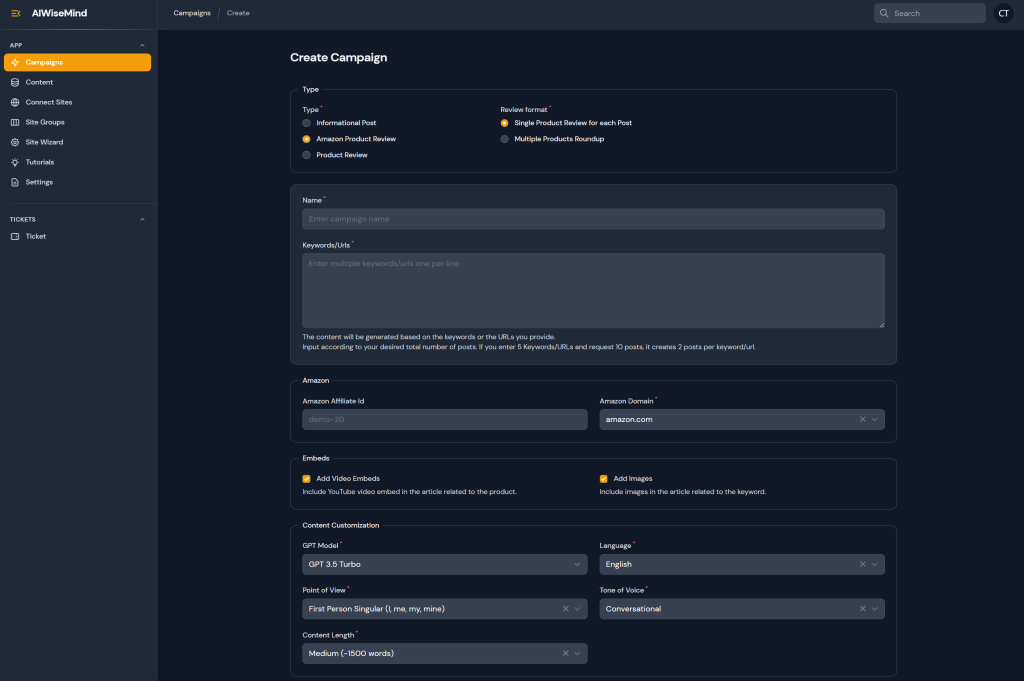Hey folks! Imagine Alice, who’s been a Google search devotee forever, stumbling upon OpenAI’s new Search GPT and deciding to give it a whirl. She finds herself delighted by its clean interface and ad-free experience, making her question her long-standing loyalty to Google. This article delves into how OpenAI’s Search GPT aims to capture market love by offering a refreshing alternative that prioritizes user satisfaction over ad revenue. From rising interest in LLM searches to strategic strategies aimed at better publisher relations, we explore how Search GPT could be shaking things up for Google’s market dominance. So, grab a cup of coffee and join us as we dive into this intriguing shift in the search engine world! Have you ever wondered if anyone could ever give Google a run for its money? We all know Google is practically synonymous with internet searches. But today, we’re diving into a little something called “Search GPT” from OpenAI—a new challenger in the realm of search engines. Could it actually impact Google’s market dominance? Grab a cup of coffee, and let’s go on this journey together.
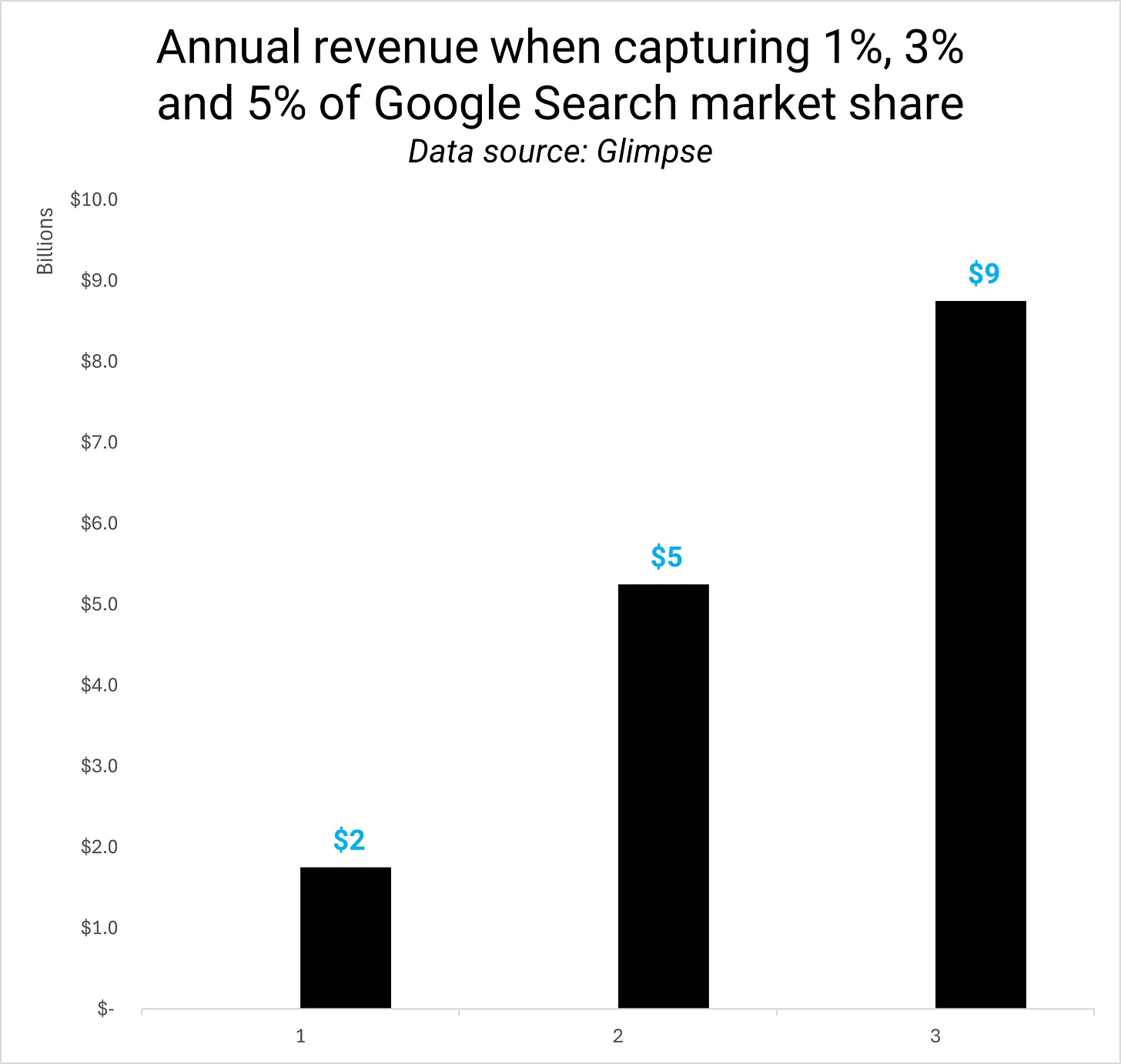
Introduction
Alright, let’s kick things off by talking about the impact OpenAI’s Search GPT could potentially have on Google’s iron grip on the search engine market. Google has been the ruler of the internet search kingdom for years, but could there be a shift in power on the horizon? OpenAI’s newly launched Search GPT may just have the gumption to shake things up. But will it? Let’s dive into the nitty-gritty details.
Current State of Search: Google’s Reign
Despite all the buzz around AI and chatbots like Chat GPT, Google is still sitting pretty on its throne. Remember the last time you needed an answer and said, “I’ll just Google it”? Exactly. Google’s search engine is second nature to many of us. Google continues raking in record earnings every quarter, proving that search queries and ad clicks are far from slowing down.
Google’s stronghold in the market is built on years of trust, user experience, seamless integration of various services, and don’t forget the infamous Google algorithm that feels like it can read our minds. So, despite the rise of chatbots, the current state shows that Chat GPT hasn’t quite made a dent in Google’s fortress.
OpenAI’s Strategy with Search GPT
Why Launch Search GPT?
Ever wondered what’s cooking in OpenAI’s strategic kitchen? The big push behind launching Search GPT is to capture a slice of that lucrative market pie currently enjoyed by Google. But there’s more to it than just that; OpenAI wants to change its perception. No longer just a chatbot, Search GPT aims to be a full-fledged search engine. Think of it as trying to go from being seen as a talented magician to a bonafide wizard.
A Different User Experience
Seeing fewer ads while searching for stuff online is like a breath of fresh air, right? That’s another card OpenAI is playing. Search GPT aims to provide a user experience that’s less cluttered with ads and more focused on delivering organic results. But let’s not kid ourselves—attracting users is one thing; keeping them is another. Retention could be a hurdle.
Market Conditions: The Rise of “LLM Search”
Growing Interest
If you’ve noticed more people talking about “LLM Search,” you’re not alone. There’s a growing chatter around it, which is an indicator that people are curious about alternatives to Google. This growing interest gives Search GPT a strategic advantage, particularly if they can continue providing a cleaner, ad-light search experience.
Strategic Advantage
Given all the noise around privacy and data control, providing a cleaner, less intrusive user experience isn’t just a nice-to-have; it’s becoming a necessity. OpenAI is banking on this to create a niche that appeals to users fed up with ad-heavy search results.
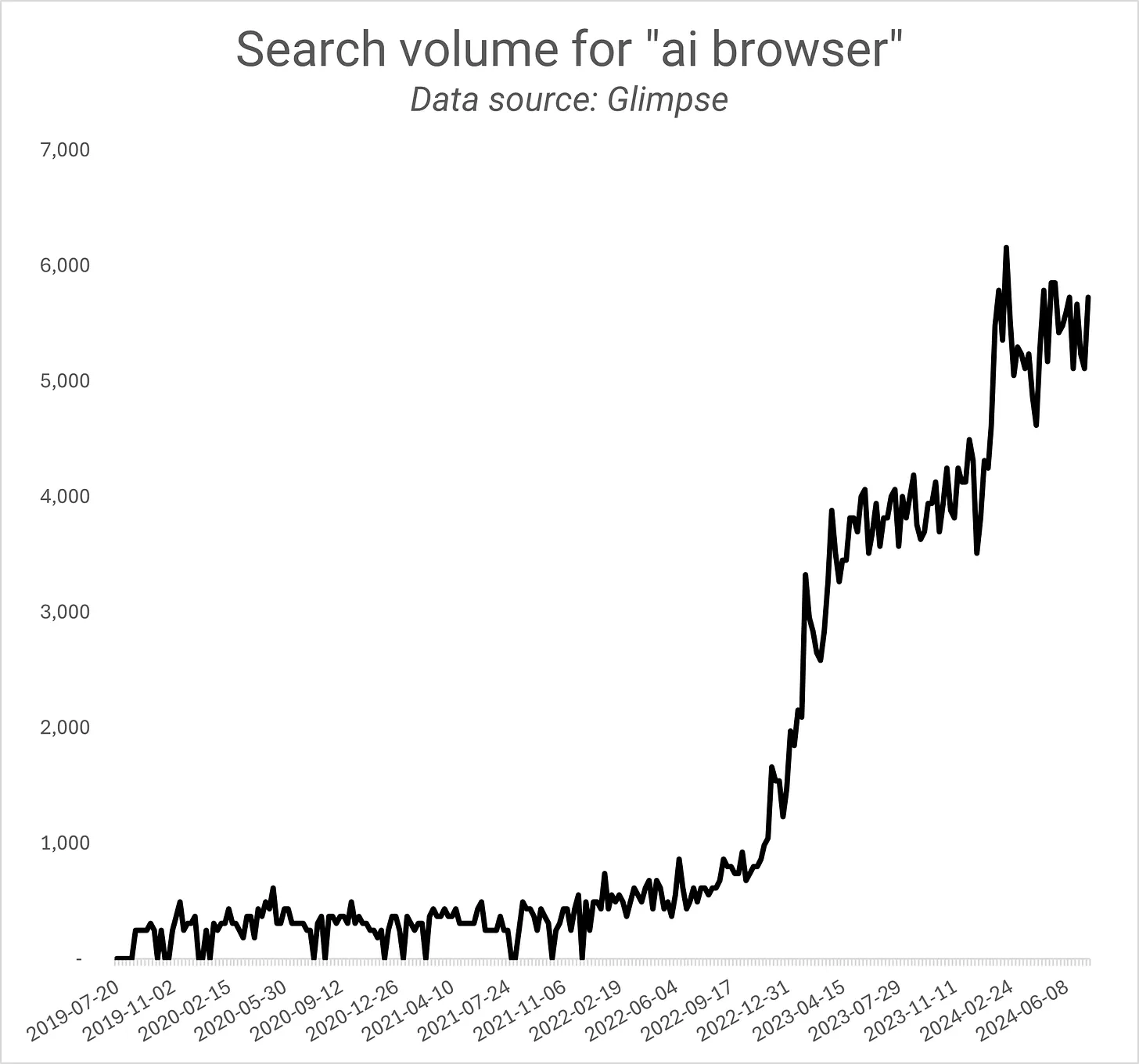
User Behavior: The Dynamics of Search vs. Chatbots
Better User Signals
Have you ever tried using a chatbot to find a specific piece of info, only to end up feeling like you’ve been on a wild goose chase? Search engines are trusted precisely because they provide specific and reliable user signals. We know what we’re getting when we type in those search queries, and it’s a lot more straightforward than navigating a conversation with a chatbot.
Use Cases
We all know why we use search engines—mostly to find information quickly. This clear use case simplifies the learning process, making it easier for users to adapt to new technologies like LLMs. The familiarity of search helps ease the transition from traditional search engines to something a little more advanced, like Search GPT.
Publisher Relations
Supporting Publishers
OpenAI understands the importance of keeping publishers happy. After all, they’re the ones providing the content we’re all searching for. By supporting publishers through various licensing deals, OpenAI aims to ensure a steady pipeline of fresh, high-quality content. This symbiotic relationship is crucial for Search GPT’s long-term success.
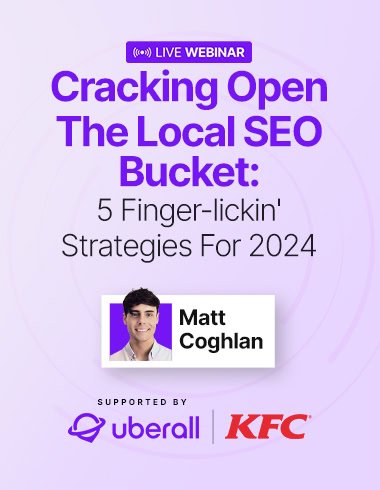
Competition: The Contenders and The Giants
Perplexity: The Small Challenger
You might not have heard of Perplexity, but it’s one of the smaller challengers in the AI search engine space. While they’re still growing, OpenAI has their sights set higher. They aim to consolidate market mindshare, which fundamentally means they want to become the name people think of when they consider alternatives to Google.
Regulatory Pressures
Let’s throw a curveball into the mix—regulatory pressures that could possibly break Google’s exclusive search deals with Apple. Imagine a world where you’re no longer defaulted to Google search on your iPhone. It could become anyone’s game, and Search GPT could capitalize on this newfound freedom.
User Experience: What Makes Search GPT Different?
Links to Web Results
One big difference with Search GPT is its inclusion of links to web results, unlike traditional chatbots. This bridges the gap between delivering an answer and allowing users to dive deeper into their queries, making it more of a “real” search engine experience.
Collaboration with Publishers
Search GPT is also emphasizing its collaboration with publishers, ensuring that the content pipeline stays rich and diverse. This symbiotic relationship bolsters the search engine’s ability to provide reliable and up-to-date information, making it more appealing to users.
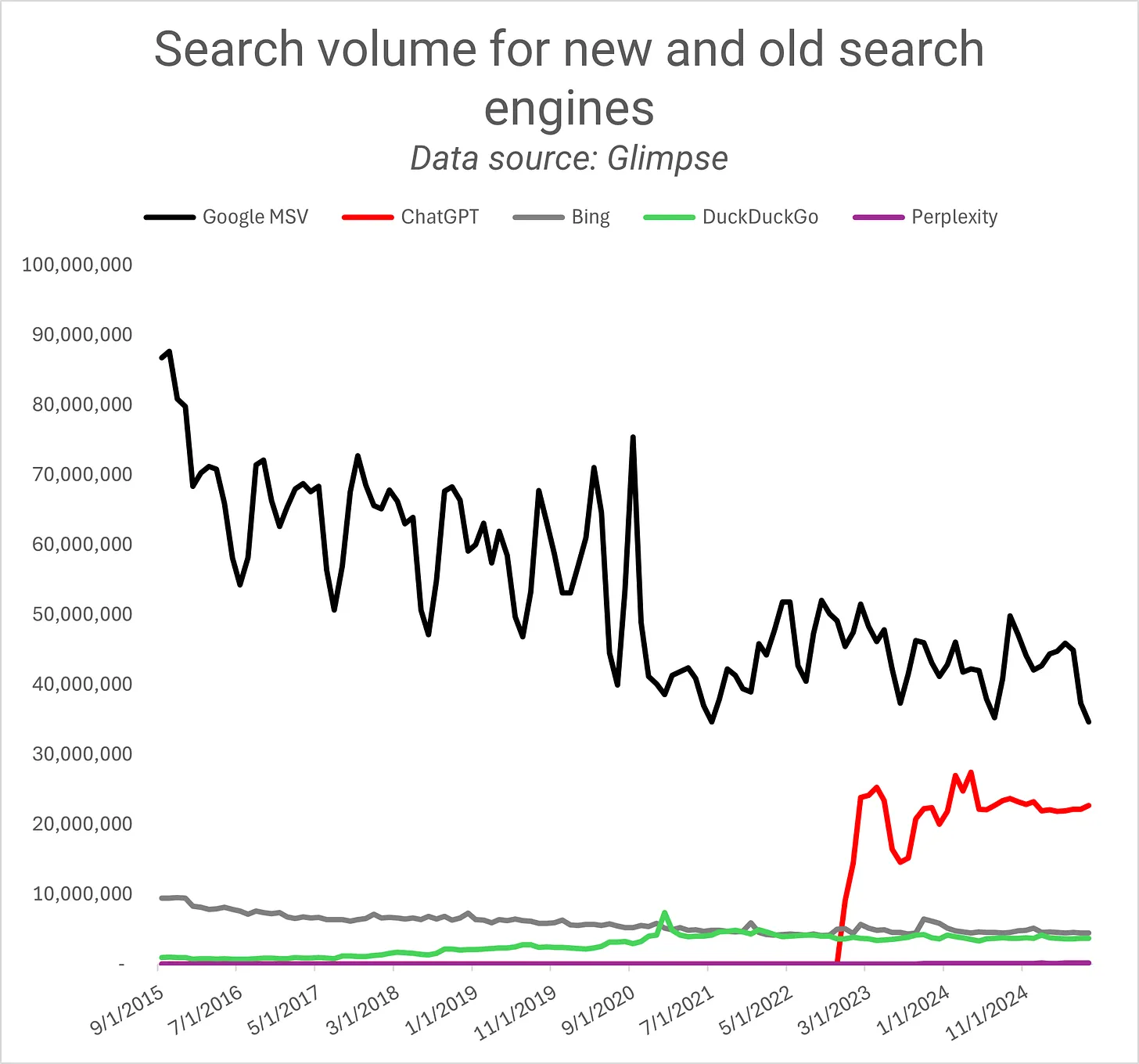
SEO Implications: What’s in Store?
Inclusion of Broad Web Results
Here’s where things get juicy for SEO experts. The impact on SEO will largely depend on whether Search GPT includes broad web results or limits searches to partner publishers. If it’s the former, the landscape of SEO could witness significant changes, potentially increasing the relevance of SEO practices that cater to this new search engine.
High Relevance Due to Chat GPT Adoption
Given that Chat GPT has already garnered substantial adoption, Search GPT could piggyback on that success. This could mean that SEO strategies may need to be adapted to meet the unique algorithms and ranking criteria of Search GPT, leading to another paradigm shift for digital marketers.
Future Directions: What Lies Ahead?
AI-Powered Browser
Imagine browsing the web with an AI-powered browser that captures user behavior and preferences consistently across platforms. This could be the next big step for OpenAI, leveraging valuable user data to fine-tune Search GPT’s performance across different devices and contexts.
AI-Powered Phone
And let’s not forget the whispers about an AI-powered phone. Yes, you heard it right. Designed by OpenAI and featuring industry legends like Jony Ive, this phone could integrate Search GPT natively, offering a seamless search experience that traditional search engines could only dream of.
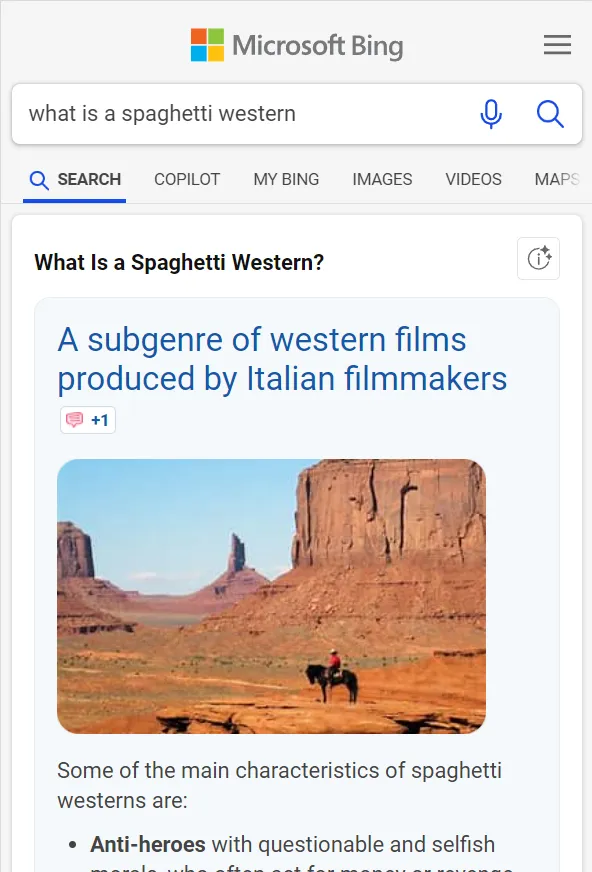
Conclusion: The Road Ahead
So, what does all this mean? In a nutshell, while Search GPT has vast potential, it’s facing an uphill battle against Google’s entrenched position. Google’s market dominance isn’t going away overnight, but OpenAI certainly has some intriguing strategies up its sleeve. Could we see a future where “Googling” something is replaced by “GPT-ing” it? Only time will tell.
We’d love to hear what you think! Ever felt the need for a better search experience? Or maybe you’ve tried Search GPT and have thoughts to share? Join the conversation below and let’s explore the future of search together.
With that, here’s a friendly call to action: Why not give Search GPT a try? It might just surprise you. And hey, if you find anything ground-breaking, don’t forget to come back and let us know!


